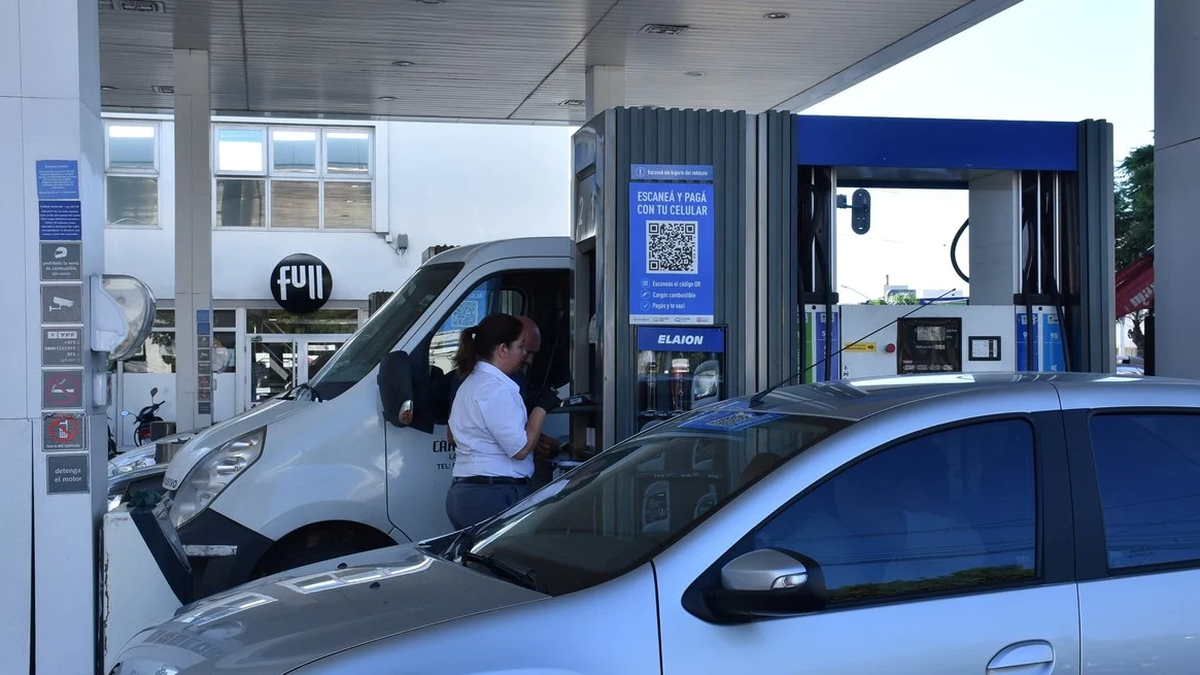The Regime is applicable to refining and/or integrated refining companies that are taxpayers of Taxes on Liquid Fuels and Carbon Dioxide.
Its objective is that these companies can use their refining capacity to the maximum to guarantee the supply of fuels in their region of influence.
According to Decree 86/2023, published this Wednesday in the Official bulletin, Refining companies may adhere to the Regime under the following terms:
- Those that have the quality of surplus domestic suppliers of diesel oil and/or grade two or three gasoline with respect to their production capacity of diesel oil and/or gasoline, counting on full use of their installed refining capacity.
- Those that obtain a mobile bimonthly participation in the internal supply of diesel and/or gasoline that is not less than their average annual participation in the internal supply of diesel and/or gasoline for 2022 by more than 1%.
Likewise, the Small Refineries of Affected Regions -PReRA- located in regions with insufficiencies of internal supply of diesel oil and/or gasoline higher than the national average may be added, which for reasons related to their geographical location, the declining situation of the crude oil basin of which they are mainly supplied and/or because they lack a supply of local crude under market conditions, they are unable to use their refining capacity to the maximum.
On this last case, These companies will be included if they obtained, in the last two months, an average monthly supply volume to the domestic diesel and/or gasoline market greater by at least 10% of their average monthly supply volume for 2022, in accordance with the text official.
The subjects adhering to this Regime may request an amount equivalent to the sum that they must pay for Taxes on Liquid Fuels and Carbon Dioxide, for imports of diesel and gasoline, with the following limits:
- For imported diesel: up to a maximum equivalent to 20% of sales in the domestic market of imported diesel, perfected between January 1, 2023 and February 28, 2023, both dates inclusive.
- For imported gasoline: up to a maximum equivalent to 17% of sales in the domestic market of imported naphtha, perfected between January 1, 2023 and February 28, 2023, both dates inclusive.
The Executive Power justified this decree by noting that “the complex global energy situation has generated a growing escalation of international prices, affecting the affordability of energy resources, especially in developing countries.”
“The situation has been aggravated by the progressive decline of key conventional basins for the supply of strategic regional refineries and by the trend reduction in the average density of crude oil produced, with its consequent effect on the productivity of refineries adapted to heavier crudes” he added.
Also, indicated that the incremental supply with respect to the capacity of the national refining complex “implies increasing costs that affect the normal supply of domestic fuel requirements, creating excess demand in different regions of the country.”
For this reason, and in order to be able to guarantee the incremental supply, as well as the compensation of extraordinary costs in the international context and the growing demand, the RIAIC was reestablished.
Source: Ambito




